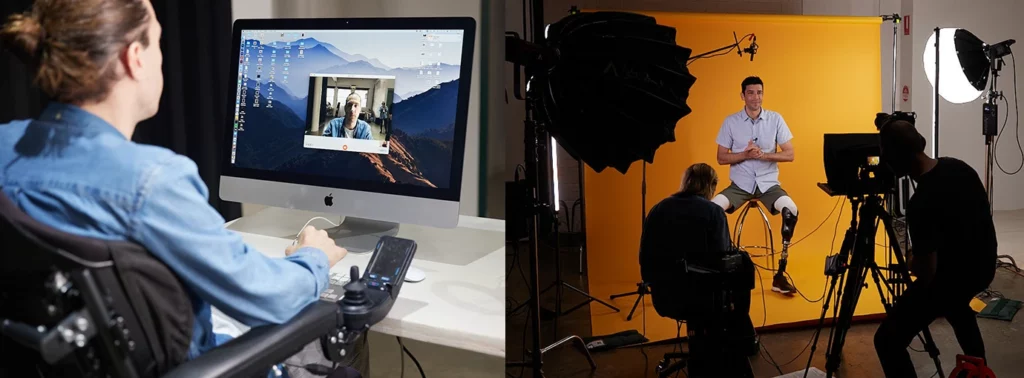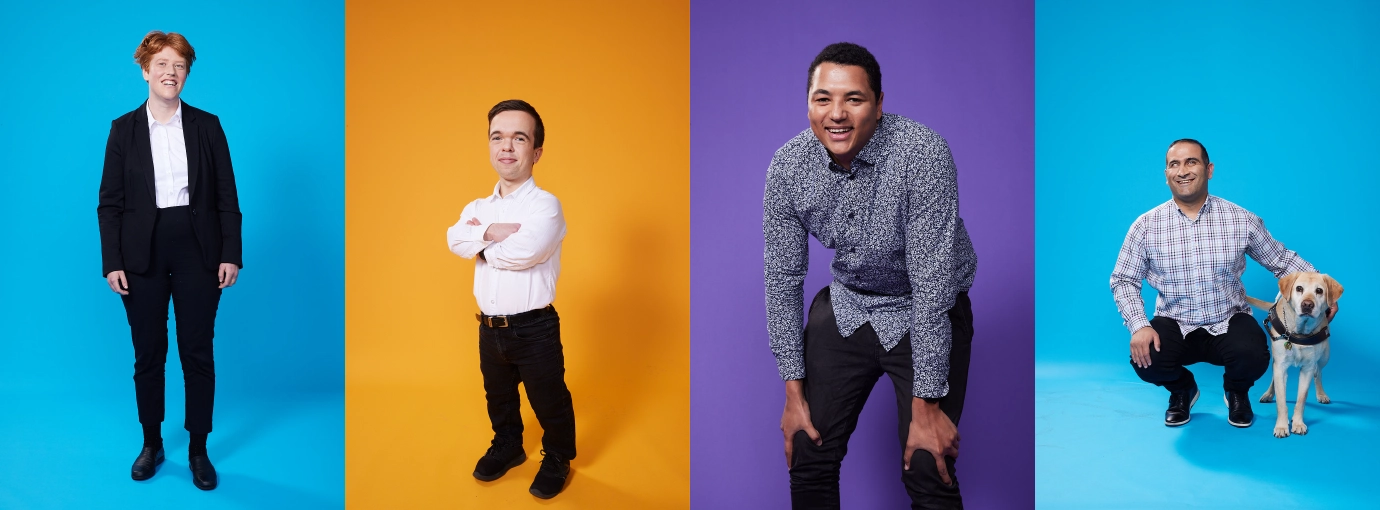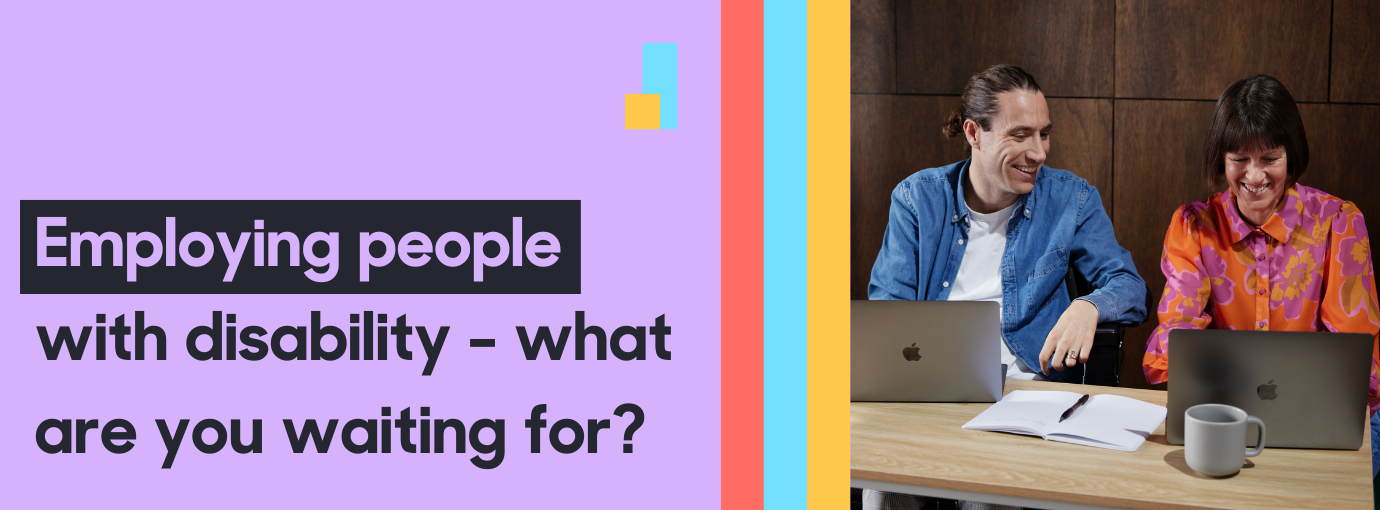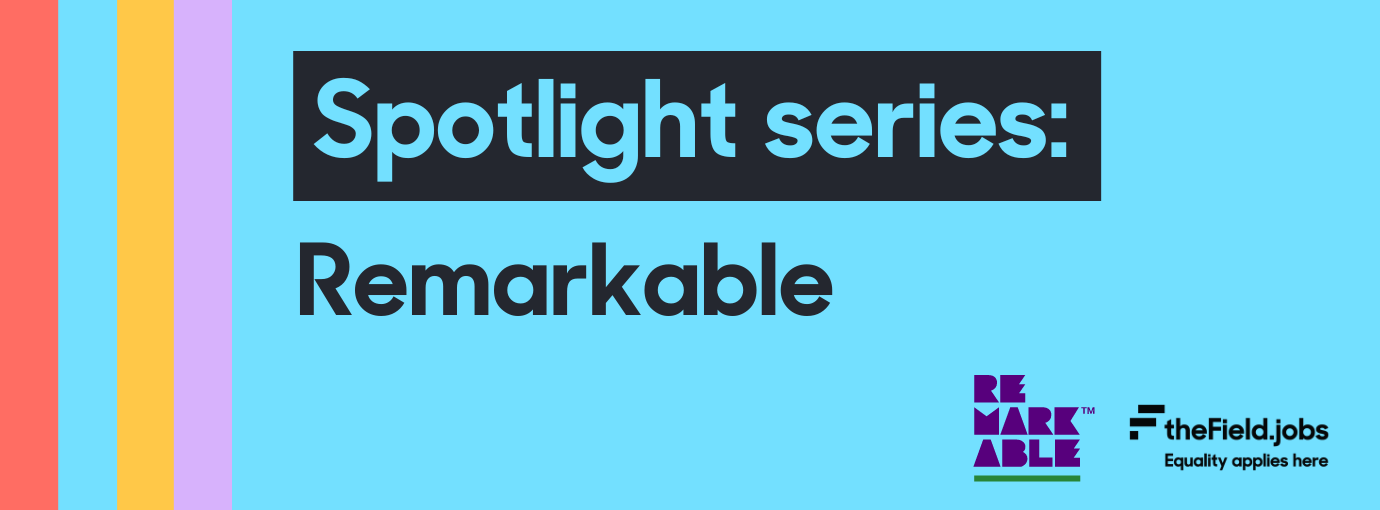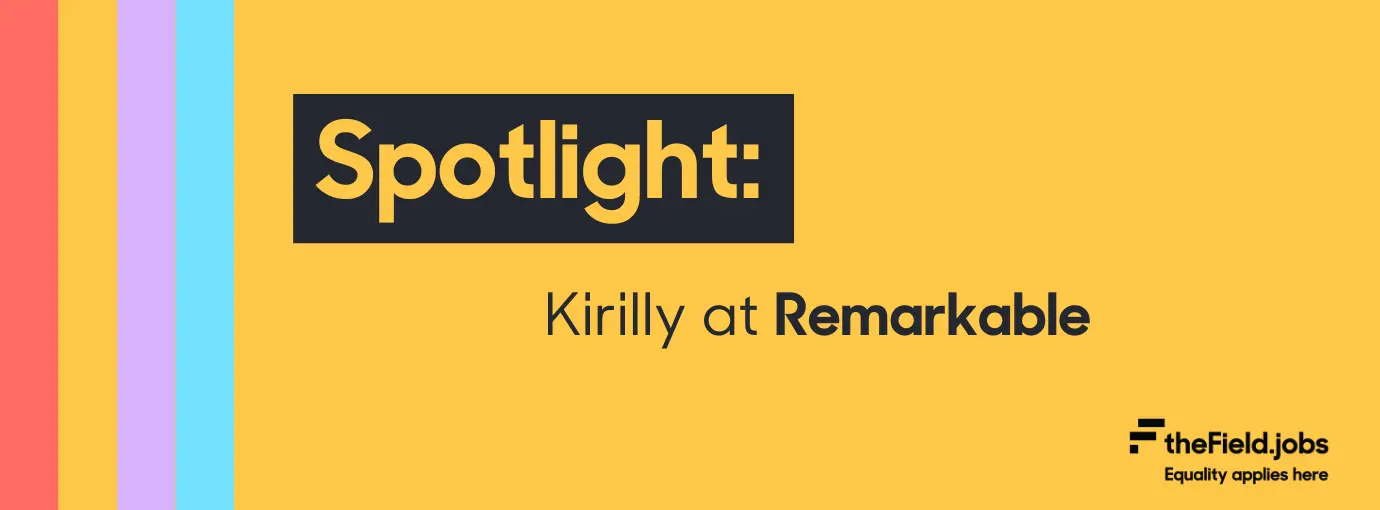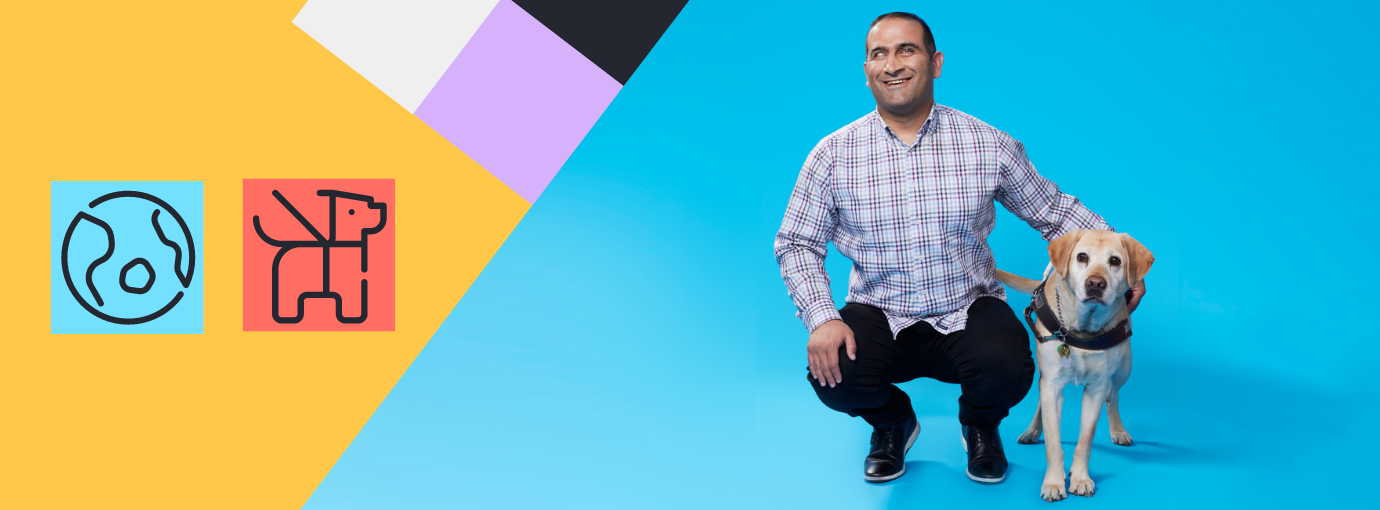When we know more, we can do better, and when it comes to learning about disability, the best people to turn to are people with disability themselves. Who would know the topic better than someone living it day in and day out? It’s important to remember that no two experiences of disability are the same, so gathering different perspectives can help give you more well-rounded information. We’ve highlighted a few resources you can check out that have been created by people with disability.
Stella Young’s “I’m Not Your Inspiration” TedTalk
Have you ever said the words “you’re so inspiring” to someone with disability because they simply turned up to work? Well, you could be unknowingly taking part in “inspirational porn”. For those new to the disability industry, “inspirational porn” is when everyday activities, for example, getting out of bed, are seen as something inspiring when completed by someone with disability.
Breaking down this common misconception, the late Stella Young’s TedTalk provides an example of the differing expectations placed on people with disability when compared with people without disability. Filmed in 2014, she tells the story of how she was nominated for a community award, but in fact, when you took her disability out of the equation, she really hadn’t achieved anything. Stella provides an insight into the impact on people with disability when they aren’t given the same treatment and opportunities as people without disability, and encourages everyone to reflect on their unconscious bias and misconceptions.
Carly Findlay’s “Growing Up Disabled in Australia” Book
As we mentioned, everyone’s experience of disability is different. Even people with the same disability may have different symptoms or different personal preferences. This is why it’s important to be educated by a variety of people with different disability.
Over 40 Australians with disability contributed to Carly’s book “Growing Up Disabled in Australia”, including Senator Jordon Steele-John and Paralympian Isis Holt. Each author provides a different perspective and has a different story about how they felt growing up in Australia as a person with disability. These perspectives highlight how important it is that people with disability are not simply broken down into “box-like” categories for physical or intellectual disability. Everyone is just as unique as the lives they have lived.
Alice Wong’s “Disability Visibility Project” Podcast
Alice Wong uses her podcast, Disability Visibility Project, to provide a broader understanding of what different topics mean for people with different disability, including disability identity, culture and politics. There is a particular emphasis on disability rights, social justice and intersectionality, and she explores how a person’s identity can leave them open to forms of discrimination.
Dylan Alcott’s “ListenAble” Podcast
It would be silly of us not to include a great recommendation, created by our founder Dylan Alcott. ListenAble will get you looking beyond a person’s disability, and give you insight into questions that people without disability might be too afraid or embarrassed to ask. As the podcast description says “Challenge what you think it’s like to live with disability. Hosts Dylan Alcott and Angus O’Loughlin speak to people living with disabilities about their lives and ask them the questions you thought were off-limits.” This is a podcast for everyone, whether you do or don’t have disability. It hopes to break down stigmas, change perceptions, and to challenge what you think you know about disability.
There’s nothing that can replace lived experience of disability, but we hope that watching, reading and listening to these resources will help to broaden your understanding of different experiences of disability.
While learning on your own is a great start, it is just that – a start. We always recommend getting training and advice tailored specifically to your workplace, by engaging with organisations like Get Skilled Access. In the meantime, you can complete the Field’s learning workshops today!
Sign in to the Field to get started or check out some of our great blogs:
